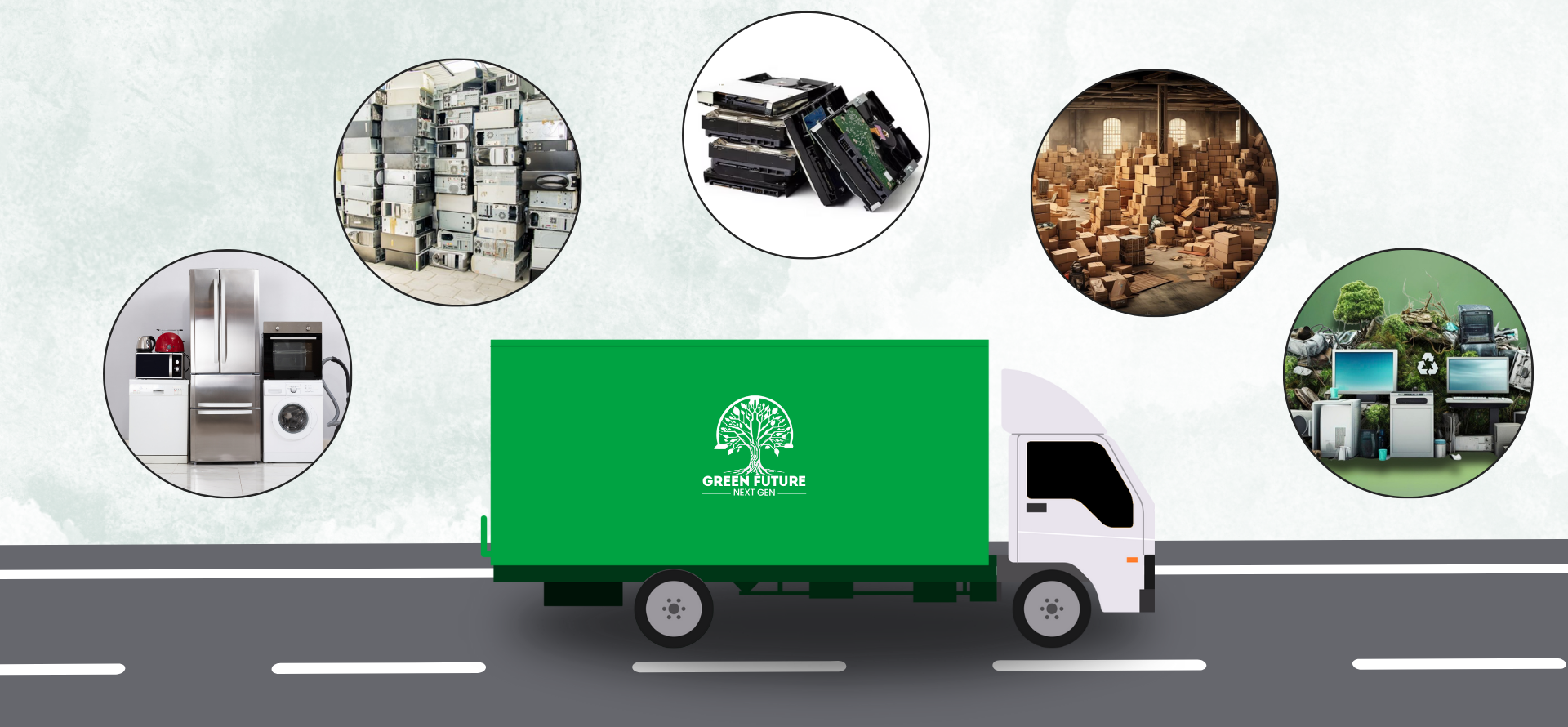Address
1 Woodville Rd, Granville NSW 2142, Australia
Work Hours
Monday to Friday: 9AM - 5PM
Weekend: Saturday - Sunday
Address
1 Woodville Rd, Granville NSW 2142, Australia
Work Hours
Monday to Friday: 9AM - 5PM
Weekend: Saturday - Sunday

As technology continues to evolve, the amount of electronic waste (e-waste) generated globally is reaching unprecedented levels. While e-waste recycling is becoming an increasingly vital part of the sustainability conversation, there are many lesser-known facts about this process that can surprise even the most environmentally conscious individuals. In this article, we explore seven surprising facts about electronic recycling that highlight its importance in reducing environmental impact and promoting resource recovery.
You may be shocked to learn that e-waste is growing faster than any other type of waste. According to the United Nations, the world produces over 50 million metric tons of e-waste annually, and this figure is expected to increase by 21% by 2030. This rapid growth is driven by the constant upgrading of electronics, with smartphones, computers, and televisions becoming obsolete faster than ever before.
Despite the increasing awareness of e-waste recycling, only around 20% of the world’s e-waste is properly recycled. The rest either ends up in landfills or is disposed of in ways that can harm the environment. A major challenge in recycling e-waste is the lack of infrastructure and access to efficient recycling facilities, particularly in developing countries.
One of the most surprising facts about electronic recycling is that e-waste contains valuable materials, including gold, silver, platinum, and palladium. In fact, e-waste contains up to 40 times more gold than mined ore. The recovery of these metals through e-waste recycling can reduce the need for harmful mining practices, helping conserve the earth’s natural resources.
Electronics often contain harmful chemicals such as lead, mercury, and cadmium. When e-waste is improperly disposed of, these toxic substances can leak into the soil, water, and air, causing significant environmental damage and posing health risks to humans and wildlife. Proper e-waste recycling ensures that these harmful materials are safely managed and disposed of, preventing pollution and protecting ecosystems.
Recycling aluminum, a key material found in many electronic devices, is much more energy-efficient than producing new aluminum from raw materials. In fact, it takes only 6% of the energy to recycle aluminum compared to the energy required for mining it. By recycling aluminum from e-waste, we not only conserve energy but also reduce greenhouse gas emissions.
Many components of e-waste can be repurposed into new products or devices. For instance, plastics from old smartphones and computers can be turned into new products like furniture or clothing. Moreover, refurbished parts like circuit boards and processors can be reused to build new electronic devices, reducing the demand for virgin materials and contributing to the circular economy.
The global e-waste recycling industry is growing, and it has the potential to create thousands of new jobs. In fact, the e-waste recycling industry provides employment in various sectors, including collection, sorting, and processing. According to a study by the International Labour Organization, recycling e-waste could generate millions of jobs globally, contributing to economic growth and helping transition to a sustainable economy.
The facts above highlight the crucial role that electronic recycling plays in both protecting the environment and recovering valuable resources. As e-waste continues to rise, it is essential that more individuals, businesses, and governments prioritize recycling efforts and support the development of more advanced recycling technologies. By doing so, we can help reduce environmental damage, conserve resources, and create a more sustainable future.